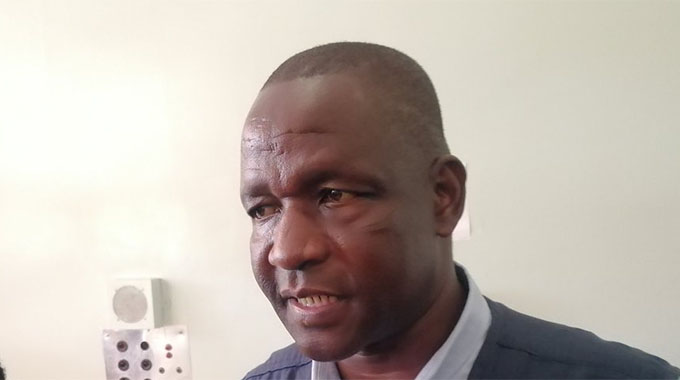‘Enough Sputnik V vaccine in stock’

Rumbidzayi Zinyuke-Health Reporter
Thousands of people who received the Sputnik V Covid-19 vaccine in Harare have not yet returned for their second dose, a situation which authorities say is a cause for concern.
The Russian manufactured vaccine is one of the four vaccines approved for use in Zimbabwe and has only been administered in Harare since the onset of the national vaccination programme in February last year.
The country is also administering the Chinese Sinopharm and Sinovac vaccines, as well as the Indian Covaxin.
According to a health alert message on the Harare City Council Twitter page, nine vaccination centres in Harare province that were offering the vaccine had reported a number of people who had not yet taken their second dose.
“The Ministry of Health and Child Care wishes to inform members of the public in and around Harare city and Chitungwiza who received only the first dose of Sputnik V vaccine to visit the health centres for their second dose on or before February 28,” read the message.
“The second dose is important for full protection against Covid-19. Our records at these centres indicate that some of our clients who received Sputnik V vaccine did not return as expected for the second dose.”
Harare City health services director Dr Prosper Chonzi said it was worrying that people were not presenting for the second dose, even though the vaccines had been available since they started being administered.
“The Sputnik V vaccine was only administered in Harare and we have centres that were offering this vaccine,” he said.
“Because of its nature, the Sputnik V vaccine needs to remain frozen until such a time that it is used so when we administered the first dose, we made sure that we reserved the second dose for those people.
“The problem is not that there is a shortage of the vaccines, but people are not presenting for their second jab.”
Centres that offer the Sputnik V vaccine include Parirenyatwa Group of Hospitals, Beatrice Road Infectious Disease Hospital, Mbare Polyclinic, Highfield Polyclinic, Western Triangle Polyclinic, Zengeza Clinic, Seke North Clinic, Seke South Clinic and St Mary’s Clinic.
With a target of vaccinating at least 1,4 million people in Harare and another 306 000 people in Chitungwiza, the programme has made headway towards the attainment of these goals.
By Saturday, 601 880 people in Harare and 117 217 in Chitungwiza had received the first dose of the vaccine, while 476 153 and 79 185 people had received two doses in Harare and Chitungwiza respectively.
The figures show that 33 percent of the targeted population in Harare and 25 percent in Chitungwiza have been fully vaccinated.
“We have the highest vaccination statistics mainly because of the size of our population and we are still administering the vaccines,” said Dr Chonzi.
“We haven’t had a shortage of vaccines since we started the programme, the only challenge has been shortage of nursing staff at our centres.”
The Harare City Council has been hit hard by staff attrition which has seen a big chunk of nurses leave for either the NGO sector or for opportunities outside the country.
This has affected the quality of health service delivery at most institution with the available staff not being able to cater for the population.
Dr Chonzi said the unavailability of nurses had slowed down the vaccination programme at some centres although vaccines were still readily available.
As a whole, Zimbabwe set an ambitious target to vaccinate 60 percent of the total population which translates to 10 million people.
As at February 26, a total of 4 353 646 people had received their first dose of the Covid-19 vaccine while 3 387 899 have received two jabs. Another 119 003 people have received the booster shot.
This means that the country has surpassed the halfway mark with 35,1 percent of its population fully vaccinated.











Comments